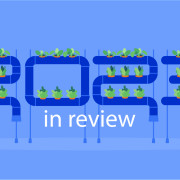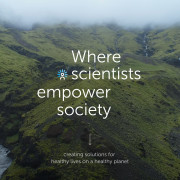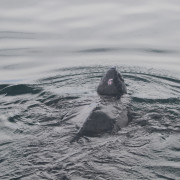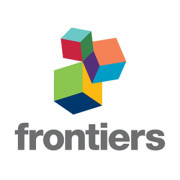- Science News
- Frontiers news
- Safeguarding peer review to ensure quality at scale
Safeguarding peer review to ensure quality at scale

In the context of climate emergency, making scientific research open has never been more important. But for research to be trusted, it must be of the highest quality. Facing an industry-wide rise in fraudulent science, Frontiers has increased its focus on safeguarding quality.
As the conversations at COP28 in 2023 highlighted again, we are in a race against time as we approach a climate tipping point leading to catastrophic consequences for our world.
At Frontiers we believe that a diverse range of scientific solutions is imperative, and that making science open is the most efficient and cost-effective way to achieve a sustainable and healthy planet. That’s why we continue driving the transition to making all of science openly available.
But the open access model has faced criticism from some quarters, suggesting it delivers articles of lower quality compared to the restricted access model, primarily due to perceived financial conflicts arising from its reliance on article publishing charges.
While it's true that open access publishers depend on these charges, it's essential to recognize that this viewpoint often stems from an inherent bias against open access, overshadowing a more scientific and ethically sound analysis.
In the broad context, open access — by championing transparency and accessibility — inherently bolsters the speed, quality, and reliability of scientific research. By making articles, methodologies, and results publicly accessible, open access paves the way for rapid falsification and verification of hypotheses. This means that scientists can quickly test, challenge, expand upon, and innovate beyond existing work, fostering an efficient feedback loop, minimizing redundant efforts, and speeding up both error discovery and result validation. Such a model amplifies the return on investment for stakeholders like universities, funders, and governments.
From a financial perspective, the idea that open access publishers compromise article quality for monetary gains is short-sighted. Diluting standards or taking shortcuts in peer review erodes trust in the publisher, prompting authors to seek an alternative. Short-term financial gains from such practices cannot therefore sustain a genuine open access publisher (or any publisher for that matter) in the long run.
For open science to become the default, it is not sufficient for open access publishers to publish just a few select articles. They must be able to process high quality articles at scale to get even close to the millions of articles published by subscription-based publishers and drive the transition to full open access to science. At Frontiers, we call this challenge ’quality at scale.’
Fraudulent manuscripts: an industry-wide challenge facing academic publishing
Publishing quality at scale comes with significant challenges of distinguishing between quality manuscripts and those that may have a biased agenda, contain possible data manipulation and fabrication, and even outright fraud.
With an increasing amount of ever more sophisticated fraudulent behavior, publishers face a tide of fake articles, forged authorship, manipulated images, and even groups colluding to provide fake peer review. This has led to a global increase in retractions impacting all publishers - open access and subscription alike – including the infamous ‘paper-mills’, resulting in mass retractions in most of the top publishers.
Industry-wide article retractions due to scientific fraud

We have identified the same trend in our rejection rate at Frontiers: in responding to an increase in such criminal behavior, we have fortified our quality defenses. This has led to a rise in our rejection rates. In Frontiers rejection rates are indicators; they emerge from our processes and are not engineered to achieve higher Impact Factors. The quality processes we introduced have therefore automatically resulted in more rejections. Our overall rejection rate increased to 56% of all decisions on manuscripts in 2023.
Frontiers’ publications and rejected articles since 2021
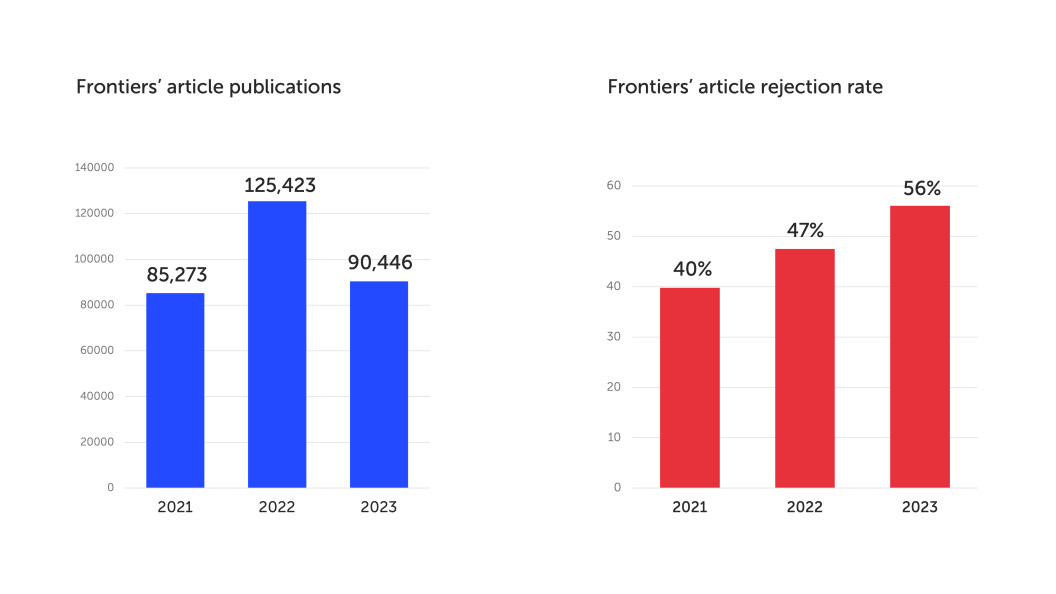
At the initial validation stage, where our research integrity team screens articles before they enter peer review, the rejection rate is now 33%, compared to 17% in 2022. Those rejections that take place in this initial desk review currently make up 58% of all rejections, surpassing the 42% which take place during the peer review stage. This saves editors and reviewers from having to handle these articles.
Open access = open for scrutiny
As mentioned, sometimes the argument is brought forward that open access publishers cut corners on quality for the sake of profits.
But the fact is that open access is - by design - open and transparent. Anybody can check articles and, uniquely in Frontiers’ case, also check editors, and make comments. Indeed, any oversight quickly becomes the subject of social media discussions, not only keeping open access publishers on their toes, but often leading to swift ethical and research integrity investigations to rectify false claims being made under the guise of science.
When a journal and publisher is by design open to full scrutiny, it cannot cut corners on quality. Recent years saw an industry-wide increase in fraudulent articles leading to delisting of some publishers from Web of Science, mass retractions, and loss of submissions.
Publishers walk a precarious path: do we overreact to concerns about fraudulent submissions and risk leaving potentially valuable research unpublished thus delaying its contribution to the progress of science? Or do we risk unfavorable publicity if we make a mistake that lets a fraudulent article slips through peer review?
Frontiers embeds quality by design at every stage of the publishing process to protect the integrity of the scientific corpus. Our research integrity and review teams are tasked with guiding editors, reviewers, and authors through the quality minefield, to ensure that their research and the journals which serve their communities are protected from the threat of fraudulent submissions.
Speaking at Frontiers Forum Live in April 2023, our then director of review operations, Dimitri Christodoulou, emphasized the importance of quality for Frontiers. He described how open access publishers are uniquely reliant on the quality of the articles they publish.
Christodoulou said: “Because our published articles are openly accessible, every mistake we potentially make is under the spotlight, fully visible to everybody in the world. Can we afford to cut corners? We can’t. We must do better than any subscription publisher. Therefore, quality is at the center.”
Front and center of our quality vanguard is our research integrity team, created in 2016 – “our own internal forensic investigation unit”, as Christodoulou described it in his Forum address. The team has a simple core mission: to detect and reject low-quality or fraudulent articles before they enter the peer review process, lifting this burden from the shoulders of the editorial boards.
“We are constantly auditing and assessing all decisions we make as a publisher so we can constantly improve and keep offering an outstanding service to our authors and editors. We keep investing in industry leading technology and our dedicated team members have your back.”
An industry first when it launched in 2020, AIRA makes it possible for our peer review to be both efficient and thorough, essential requirements for quality at scale. Completely custom-built, we invest in development every year, turning AIRA into an ever more powerful and effective tool. It helps editors and reviewers evaluate manuscripts by making quality recommendations in seconds.
AIRA detects issues like image manipulation, potential commercial conflicts of interest which may bias studies, and breaches to our research ethics guidelines for human or animal subjects - all malpractices that are hard, if not impossible, for the human eye to detect at speed. It also presents key metrics for all our submitting authors, to ensure that all manuscripts entering peer review originate from genuine researchers who want to contribute top-tier articles to their community.
While some AIRA checks are publicly accessible through our review platform, a certain number of checks are only available to a few in our internal teams to safeguard confidential information – and stay a step ahead of fast-evolving fraudsters. All these checks are combined to guide our research integrity team in their decision, which is always ultimately made by a human.
Increased focus on quality in 2023
In 2023, we intentionally directed our full focus and provided extensive resources to strengthen our quality foundation even further to react to the industry-wide increase in fraud and malicious behavior.
We responded with a company-wide quality project. The outcome is a new quality register and framework, reinforced with additional AI-powered quality checks and research integrity controls, to safeguard the quality and integrity of our processes and publications. In the interests of security, we do not share details of our checks publicly as we have also found that this allows the fraudulent actors to develop ever more sophisticated approaches to circumvent our quality controls. After an intense year of research, development and deployment of these tools and optimizing our processes, we can confidently state that we probably have the most advanced detection process for fraudulent manuscripts and for those that have not applied quality scientific processes.
Inevitably this heightened scrutiny has led to us to falsely rejecting valid research. In 2021-2022, we rejected 175,000 articles - of these rejections, to date we have identified that 48,281 articles (28%) were eventually published in other Impact Factor journals.
Frontiers’ rejected articles were subsequently published in other journals
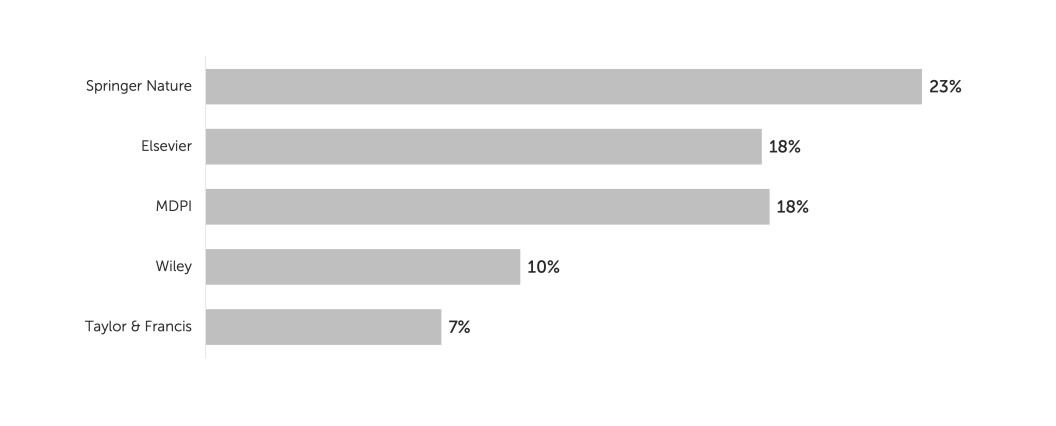
We are concerned that we are delaying scientific progress via the so-called ‘rejection cascade’, which is an enormous loss of efficiency in academic publishing. As manuscripts get rejected and bounced from publisher to publisher, many months can be lost in the dissemination of the work. Addressing this problem was one of the many important reasons Frontiers was founded. Science is not only slowed down by the restricted model of publishing because it limits dissemination and reduces transparency, but also because it has made a standard practice out of ‘reserving the right to reject any submission’. This ‘right’ shifts the core mission of an academic publisher from the advancement of the scientific process to the protection of its own commercial interests.
For example, if only 10% of the roughly 4 million articles published each year were rejected unfairly, slowing their publication by an average of three months each, a total delay of around 100,000 years is created for others in the community to build on their work. In the world of scientific research, any slowing down in the network drives ripples of inefficiency for the evolution of the system.
Therefore, we are now placing even more focus on the quality of our own decisions as well by measuring and auditing their outcome, and introducing alerts that guide us and our editors to make better decisions.
Quality and trust
Feedback from the research community shows that our care for quality is recognized by research communities. Since the start of 2022 we have been asking visitors to our website to rate the quality of our service. The results are the voices of thousands of researchers. Although our quality ratings were already high, in 2023 we have seen another increase, particularly in the excellent category.
94% of researchers rated our articles as excellent or good
92% of researchers rated our peer review as excellent or good
93% of researchers rated our editorial boards as excellent or good
Feedback on Frontiers’ quality from website visitors to the question: 'Please rate Frontiers on our quality' for articles, peer review, editors, and overall
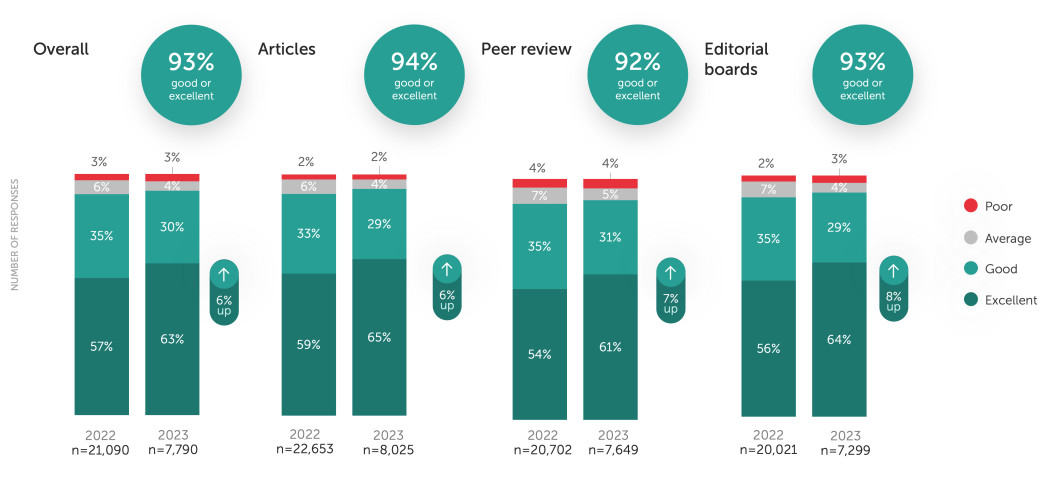
Our surveys also show that 94% of our published authors agree that the peer review process improved the quality of their finished article. We put the researcher at the center of everything we do, and our peer review delivers quality in two ways – providing a first-class publishing experience and ensuring that excellent research is added to the scientific record.
We also use external and independent data to measure our quality, specifically the number of times our articles are cited. Our citation rates per article have grown even as we have grown in the number of articles published over the years. Articles published by Frontiers obtain the third highest number of citations per paper among the 20 largest publishers.
World’s 20 largest publisher ranked by average number of citations
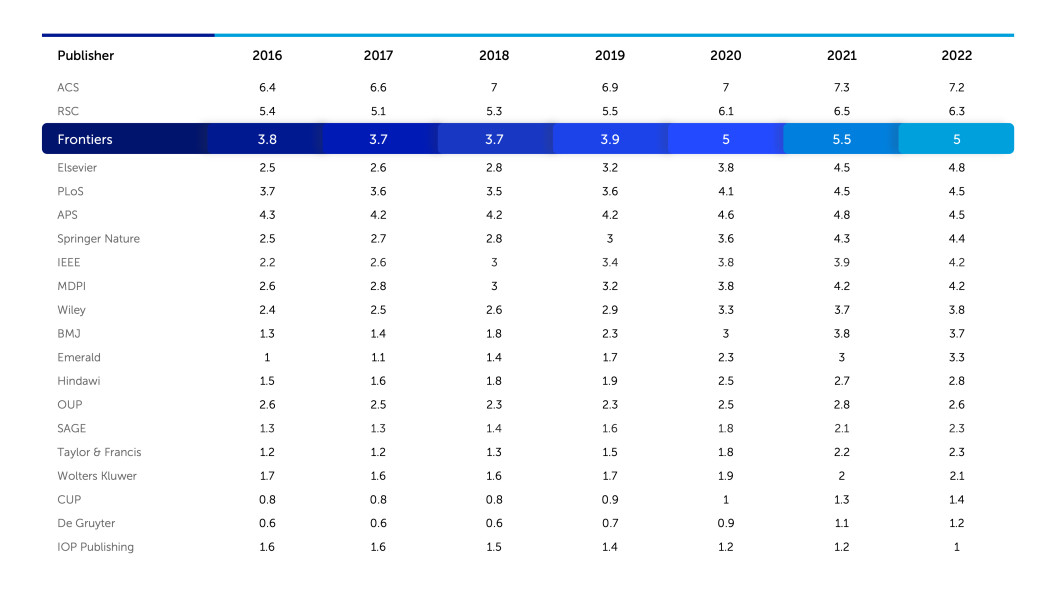
Our ongoing commitment
For us quality is an ongoing process, and one of our core values. We are confident that the new measures and processes we have put in place mean we can safeguard quality with a high degree of accuracy – the foundation for a sustainable academic publishing model and the requirement for publishing quality at a scale that can be competitive with the largest subscription publishers.
Our commitment to the research community is that we will always prioritize quality. There is a critical link between quality and trust. Without quality there is no trust.
We are particularly concerned about trust in science. If society loses trust in science, it cannot take the right decisions. And it has never been more important for us to take the right decisions – as society needs to transition to a clean and green economy to prevent the worst outcomes of climate change.
Therefore, with quality foremost, we will continue to lead the transition to make all of science openly available, so that researchers can collaborate more effectively, innovate faster, and provide the solutions we need to live healthy lives on a healthy planet.
